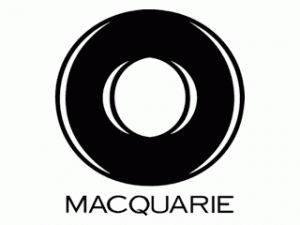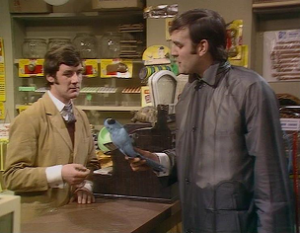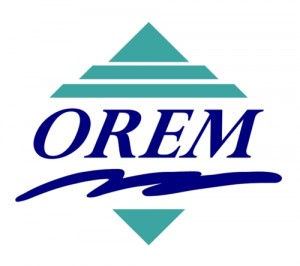 While I wasn’t able to attend the latest UTOPIA board meeting (bit of a drive from Cedar City), I did get a summary of what was discussed during that meeting. One of the things that came up was the long-delayed Macquarie deal. For all intents and purposes, it’s most likely not going to happen. There appears to be slow action on a binding public vote and the utility fee was very unpopular (and wasn’t coming down). The board has voted to pay Macquarie what they are due and take those reports as valuable information to plan for the future with no further action. Right now, that’s probably okay.
While I wasn’t able to attend the latest UTOPIA board meeting (bit of a drive from Cedar City), I did get a summary of what was discussed during that meeting. One of the things that came up was the long-delayed Macquarie deal. For all intents and purposes, it’s most likely not going to happen. There appears to be slow action on a binding public vote and the utility fee was very unpopular (and wasn’t coming down). The board has voted to pay Macquarie what they are due and take those reports as valuable information to plan for the future with no further action. Right now, that’s probably okay.
Think back to when Macquarie first entered the picture. The network wasn’t expanding much if at all, mostly because the focus was on signing up commercial customers to plug the operating expenses gap as quickly as possible. Several cities had openly rancorous relationships with UTOPIA despite being stakeholders in it. Heck, Oremites ran an initiative petition to overturn… I’m not sure what exactly, but dagnabit they were certain that an angry public arglebargle session would save them about a hojillion dollars.
Fast forward a little over two years. UTOPIA is probably in the best shape it has ever been in. They have or will soon hit operational break even, where all operating expenses are now covered by revenues. Between remaining UIA money and the RUS settlement, they have operating capital they can use to expand the network. In fact, expansion is now underway in Perry, Layton, Midvale, and West Valley City. All of the expansion is being done to demand and the cost is landing squarely on subscribers.
Even the public attitude is different. I don’t see baseless fact-free editorials against it with any notable frequency. Even the Utah Taxpayers Association has gone uncharacteristically silent. Orem elected pro-UTOPIA candidates. Murray has been actively working on ways to maximize the network in their city. Payson reportedly even shows up to board meetings with regularity now. From many sources, I hear less “how do we get rid of it” and more “how do I get it in my house”. The importance of competitive, fairly priced, and high performance broadband has entered the mass consciousness in a way that I haven’t seen it before. Most importantly, highly visible failures by incumbents to deliver the kind of broadband nirvana they’ve been promising for decades has made the public highly cynical to their claims.
There is still work to do. UTOPIA has a lot of network to build to serve every address in member cities. There are a lot of areas badly neglected by incumbents that don’t have any kind of viable competition. Google is great for those that have it but creates a lot of have nots and replaces one duopolist with another. The companies who are doing interesting competitive things can’t really do it at scale. Despite these challenges, one thing is certain.
We won the war.
Yes, I’m declaring victory. It’s taken nearly 10 years of running this blog, but the hearts and minds part of the game is more-or-less over. It’s all mop-up operations from here, scattered battles that I think we’ll have little trouble seeing through to victory.
PS No, this blog isn’t going anywhere. I’m working on improving broadband options in Cedar City (since I live here now) and will still be an advocate for UTOPIA and municipal broadband systems. Those jobs are just going to be a lot easier when I’m not re-hashing the same old debate I’ve been used to for a decade.








